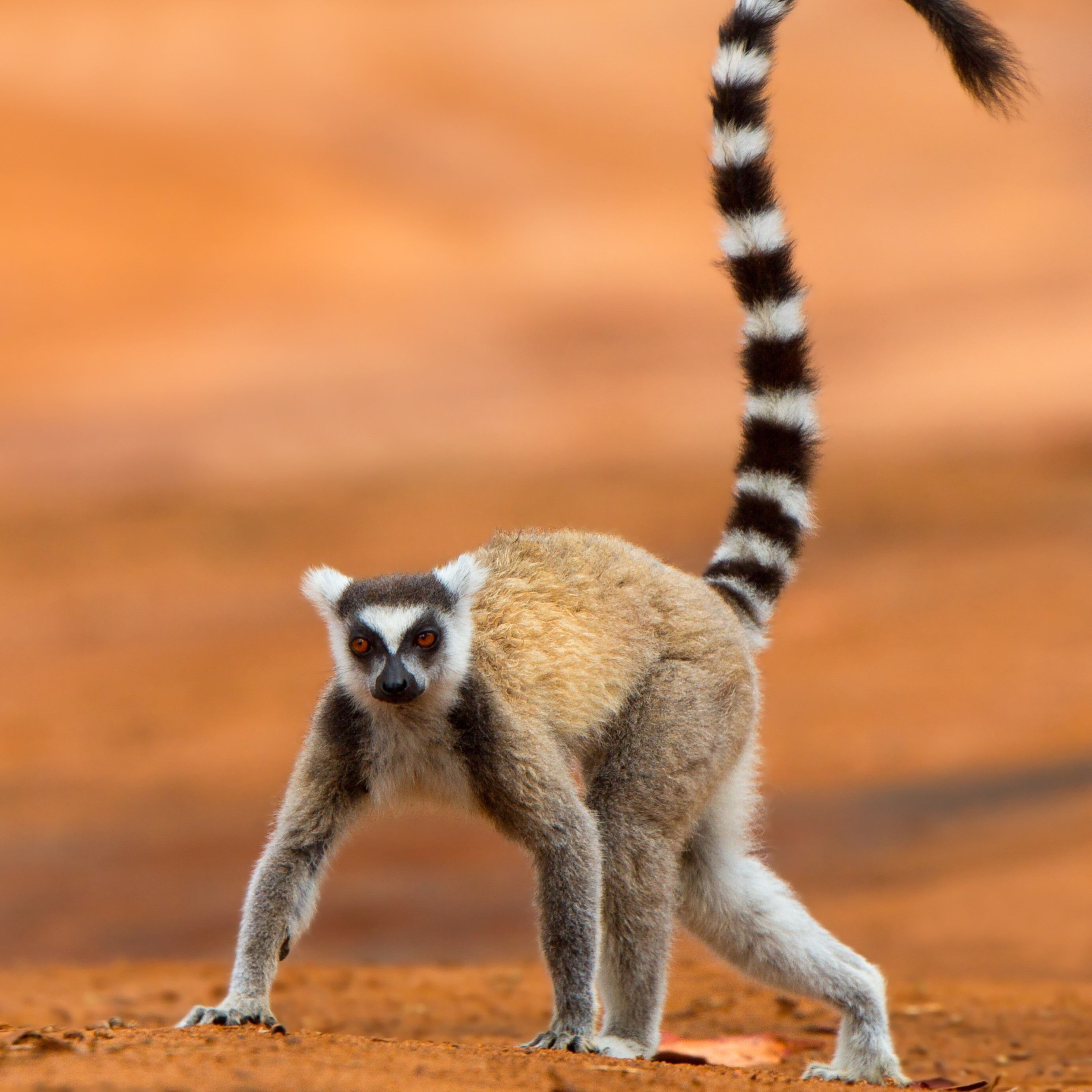
Environmental Sustainability - Aloe macroclada is indigenous and unique to the central highlands of Madagascar. Alomac® is produced entirely in Madagascar.
• Alomac is a product of nature, extracted from plants grown in natural, organic conditions. No pesticides or chemicals are used before or during the growing or harvesting process.
• No enzymes or other chemicals are used in the processing or production of Alomac from Aloe macroclada.
Agricultural Sustainability - Aloe macroclada is a resource that belongs to the people of Madagascar.
• Aloe macroclada has been designated as “potential for being endangered” and is on the Convention on International Trade in Endangered Species of Wild Fauna and Flora (CITES) Appendix II list (as are all aloes except Aloe vera). Alomac’s leadership actively participated in the development of local sustainability guidelines and is the
first company to get CITES approval in Madagascar.
• Alomac makes significant efforts to cultivate Aloe macroclada and to protect it in the wild. We partner with many villages and communities to grow and harvest this resource sustainably to ensure a perpetual supply. The Madagascar Environment Ministry has approved Alomac compliance with Access and Benefit Sharing under
the Nagoya Protocol’s Convention on Biological Diversity.
• No forests are ever cleared for growing Aloe macroclada. It is planted and cared for among existing flora much like it would naturally grow. Mioty Voajanahary, Alomac’s parent company, is helping to restore forests in Madagascar and plants tens of thousands of trees every year. In 2020 and 2021, over 40,000 native trees were planted.
Cultural Sustainability - Aloe macroclada is a resource that gives back to the people of Madagascar.
• Alomac supports local education. We work with grower cooperatives to ensure that each one pays an additional 10% to education in their communities, specifically for teachers, school lunches and children’s books. Since our founding in 2014, all 8 villages where Aloe macroclada is grown have schools, teachers and books. We also have several road and water projects under way.
• Alomac pays their workers good wages, including health benefits and Madagascar’s form of Social Security. Mioty Voajanahary is owned and operated by an American. All employees, including managers, are Malagasy.
